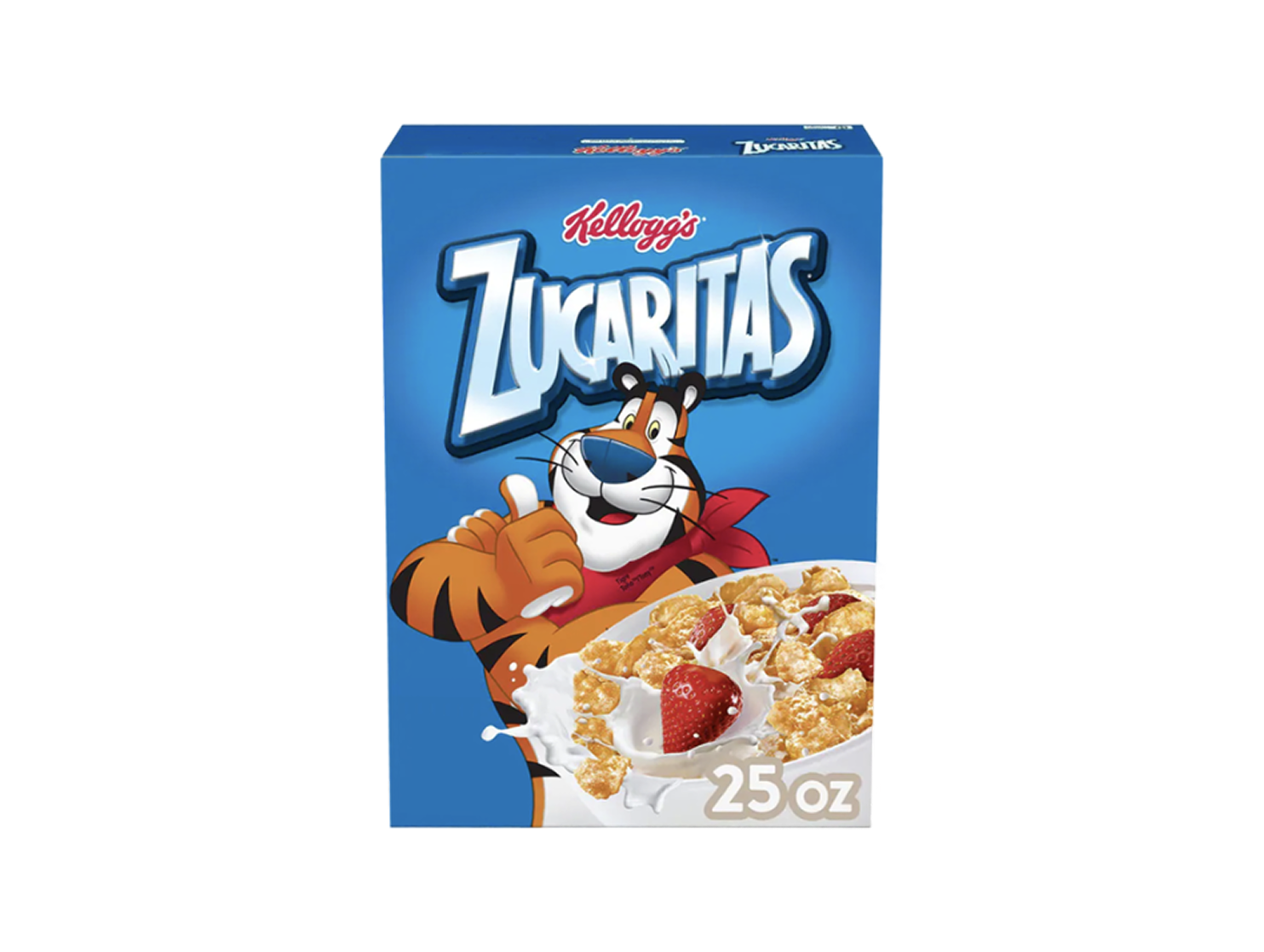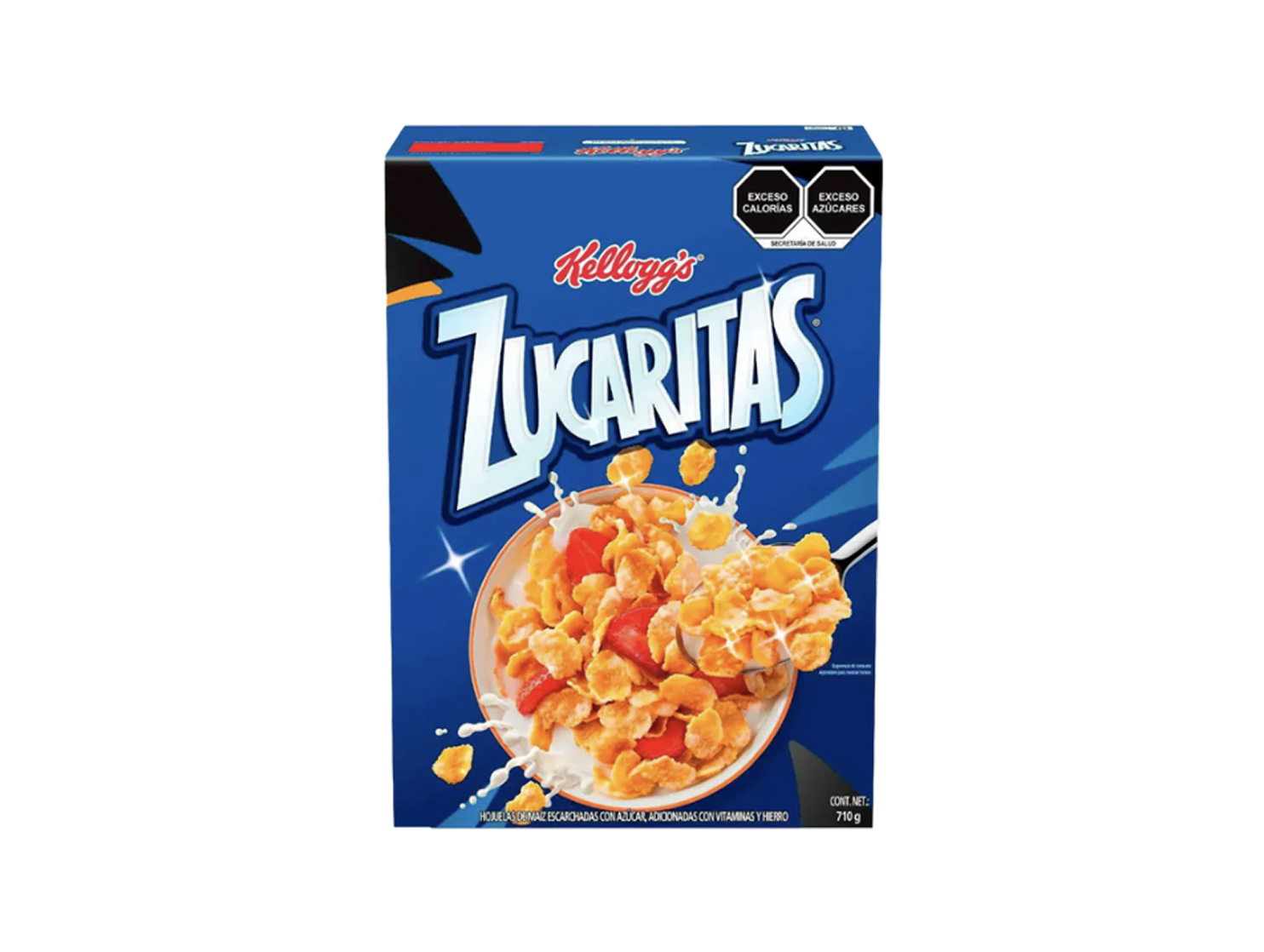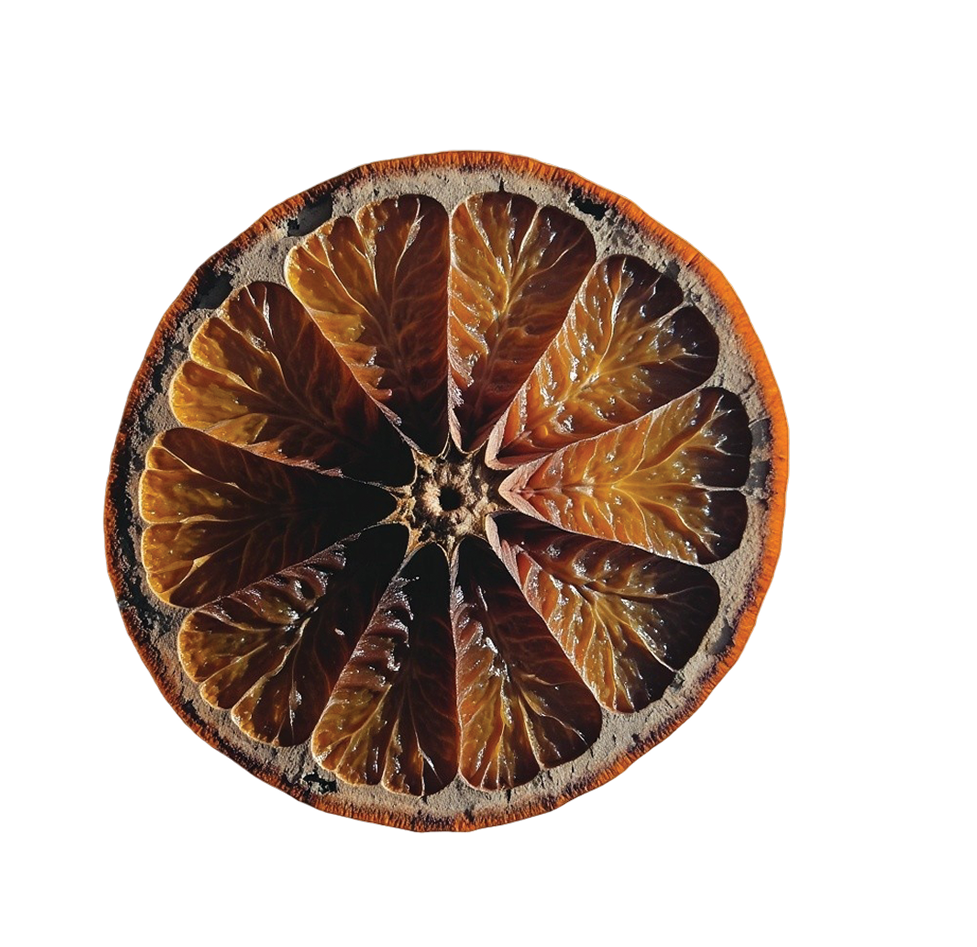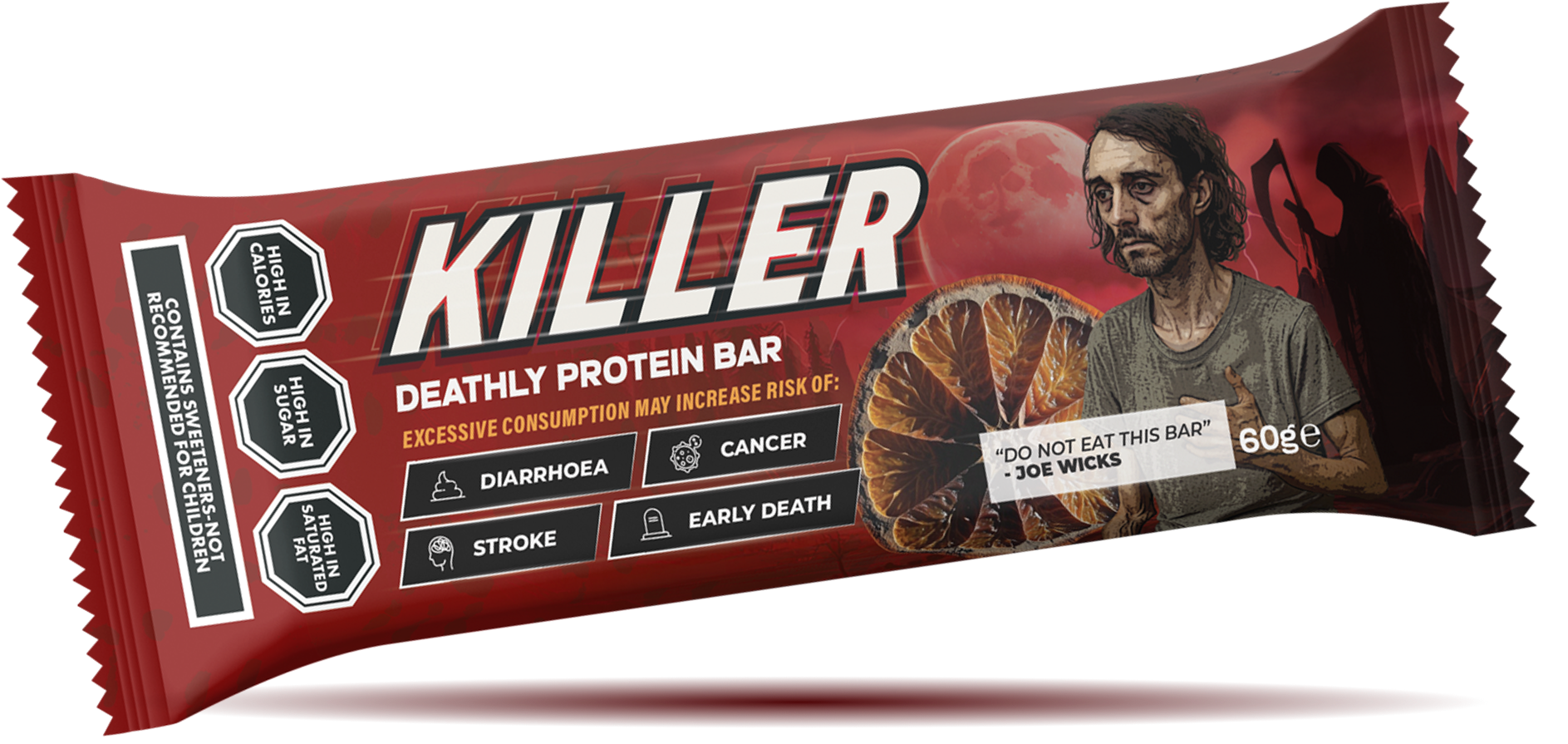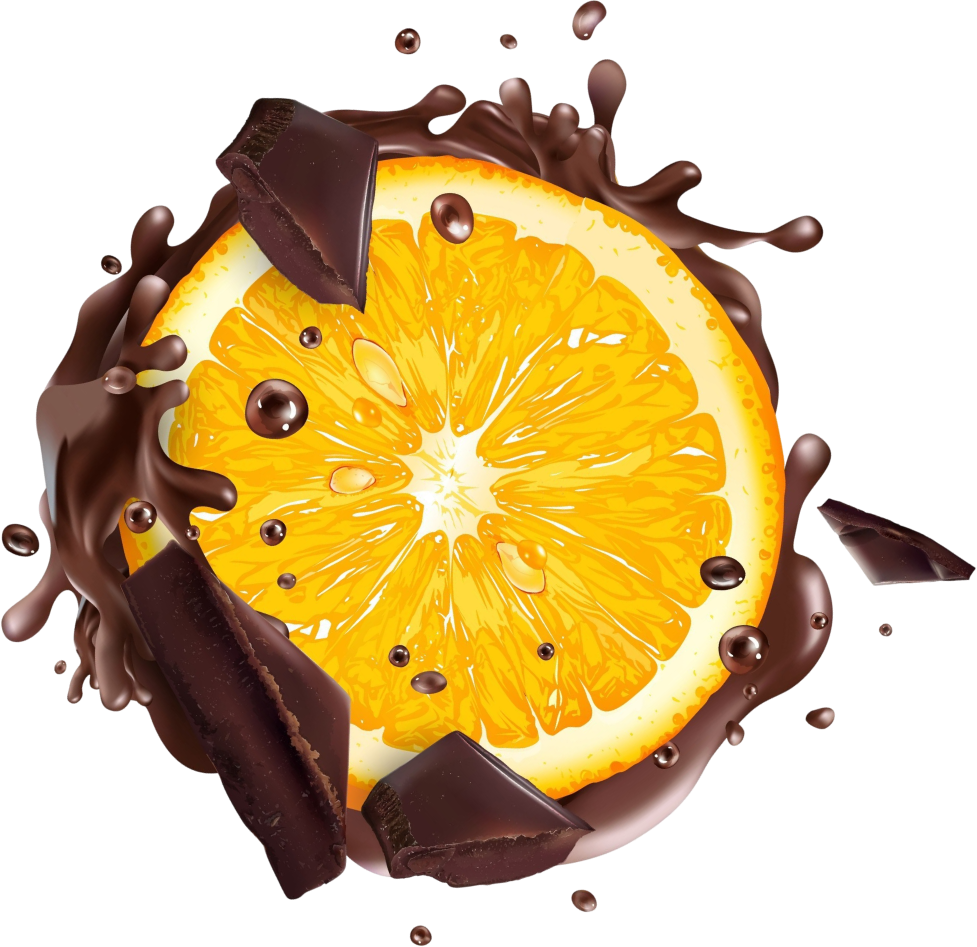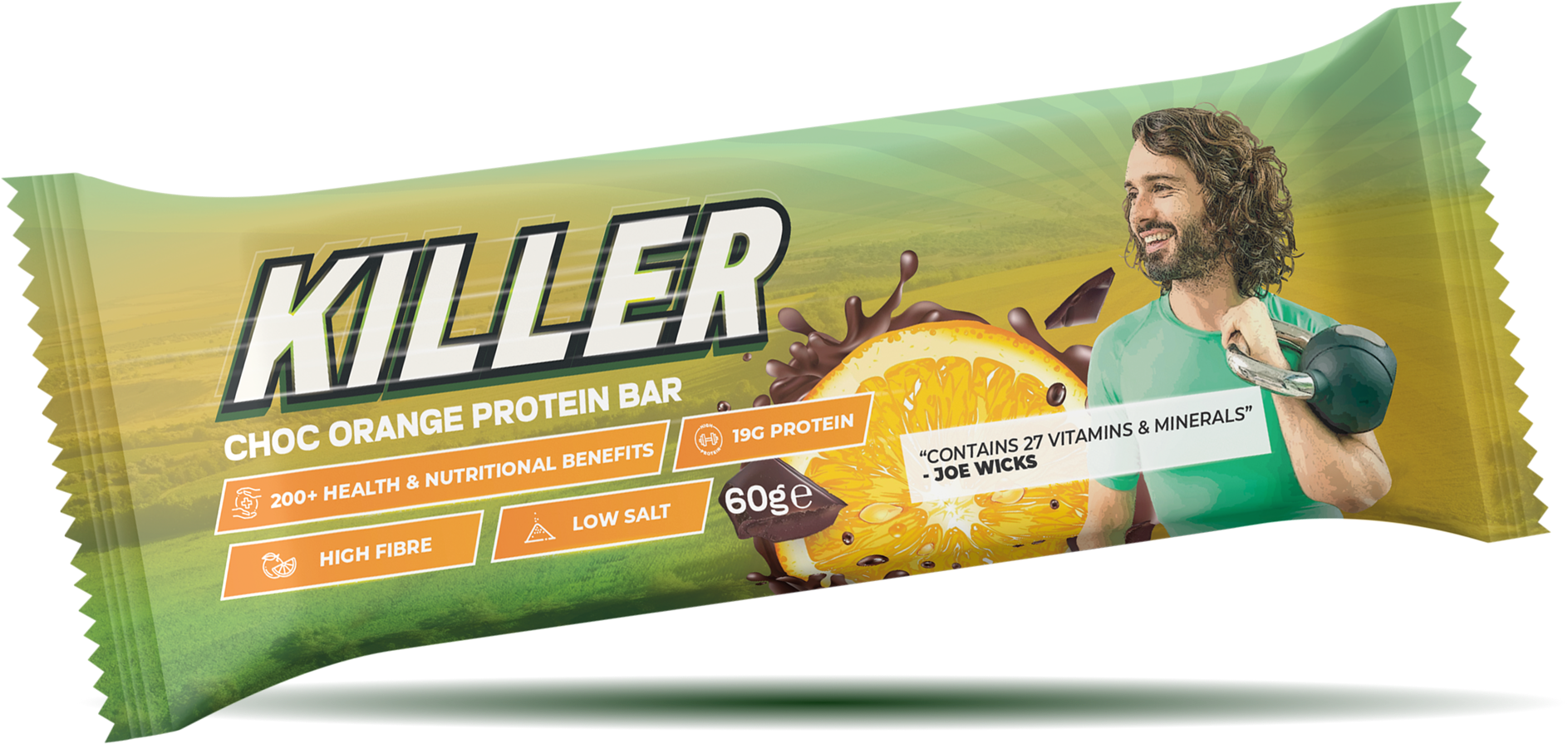Why has Joe Wicks made a 'Killer' Bar!?
I created the KILLER bar to pressure the Government into changing the regulations around ultra-processed foods (UPFs). The bar shows both the potential harms of a UPF-heavy diet, and how the food industry can deliberately mislead consumers through clever marketing.
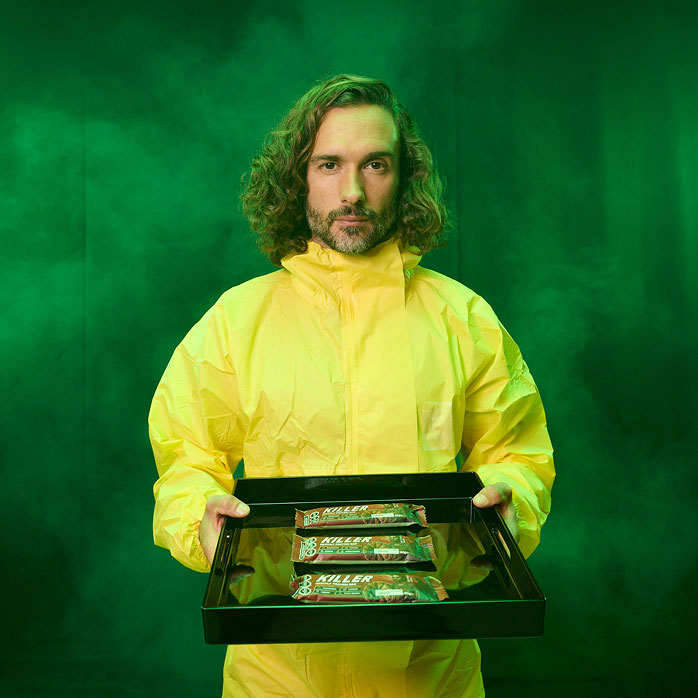
Find out more on Channel 4
- JOE WICKS: LICENSED TO KILL - Monday October 6th 2025 - 8pm
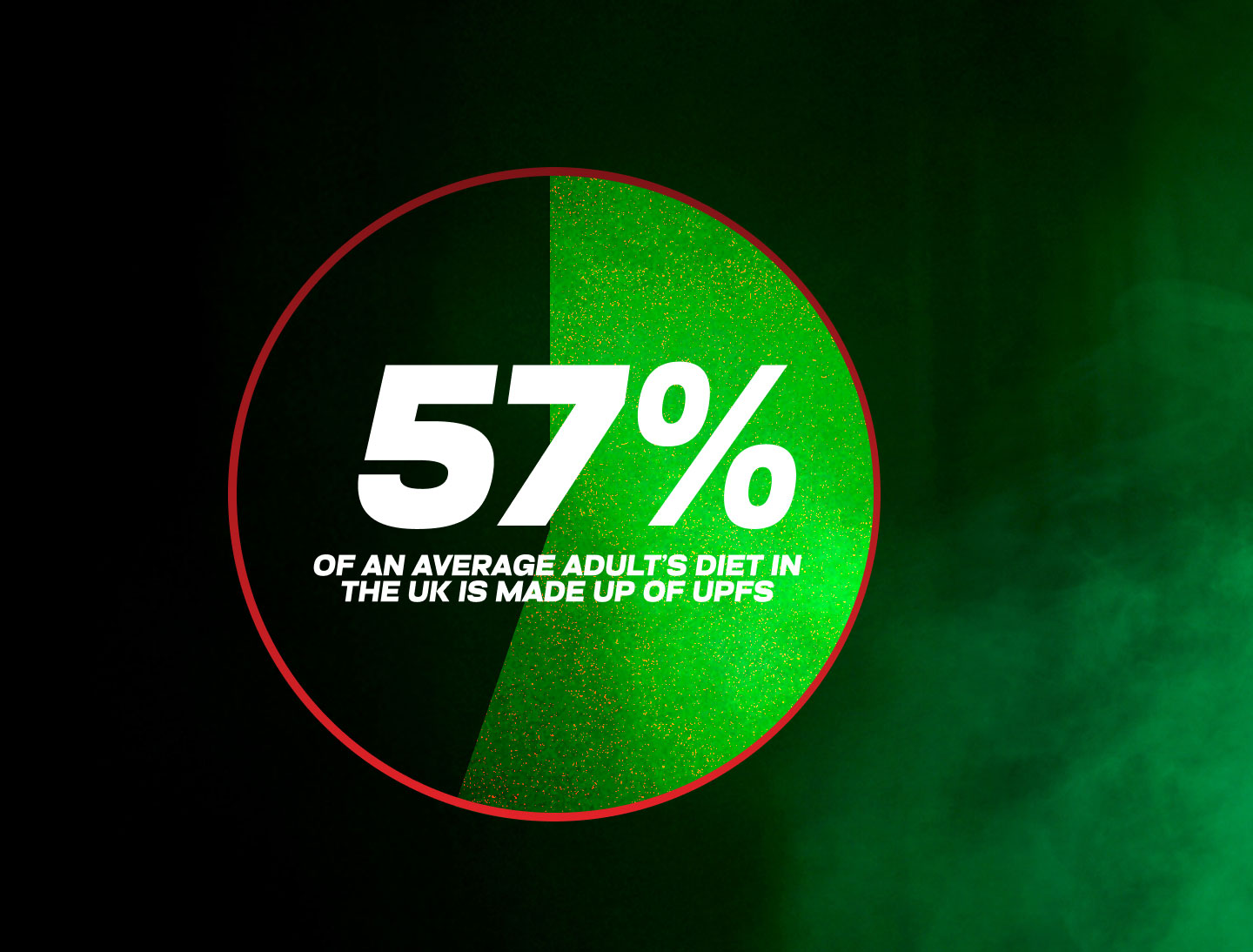
The Government is failing to act
Today, ultra-processed foods (UPFs) make up the majority of what we eat in the UK. Poor diet is now linked to around 14% of premature deaths in this country, yet I believe that the Government is failing to act.
That's why I made the KILLER bar. To show not only the glaring issues of our food system, but the potential solutions as well.
Bold steps forwards
I'm calling on the UK Government to introduce front-of-pack warning labels, so that consumers can make truly informed choices about what they eat. Countries across South America have already taken bold steps in this direction, including:
- Argentina
- Colombia
- Chile
- Mexico
- Peru
- Uruguay
- Venezuela
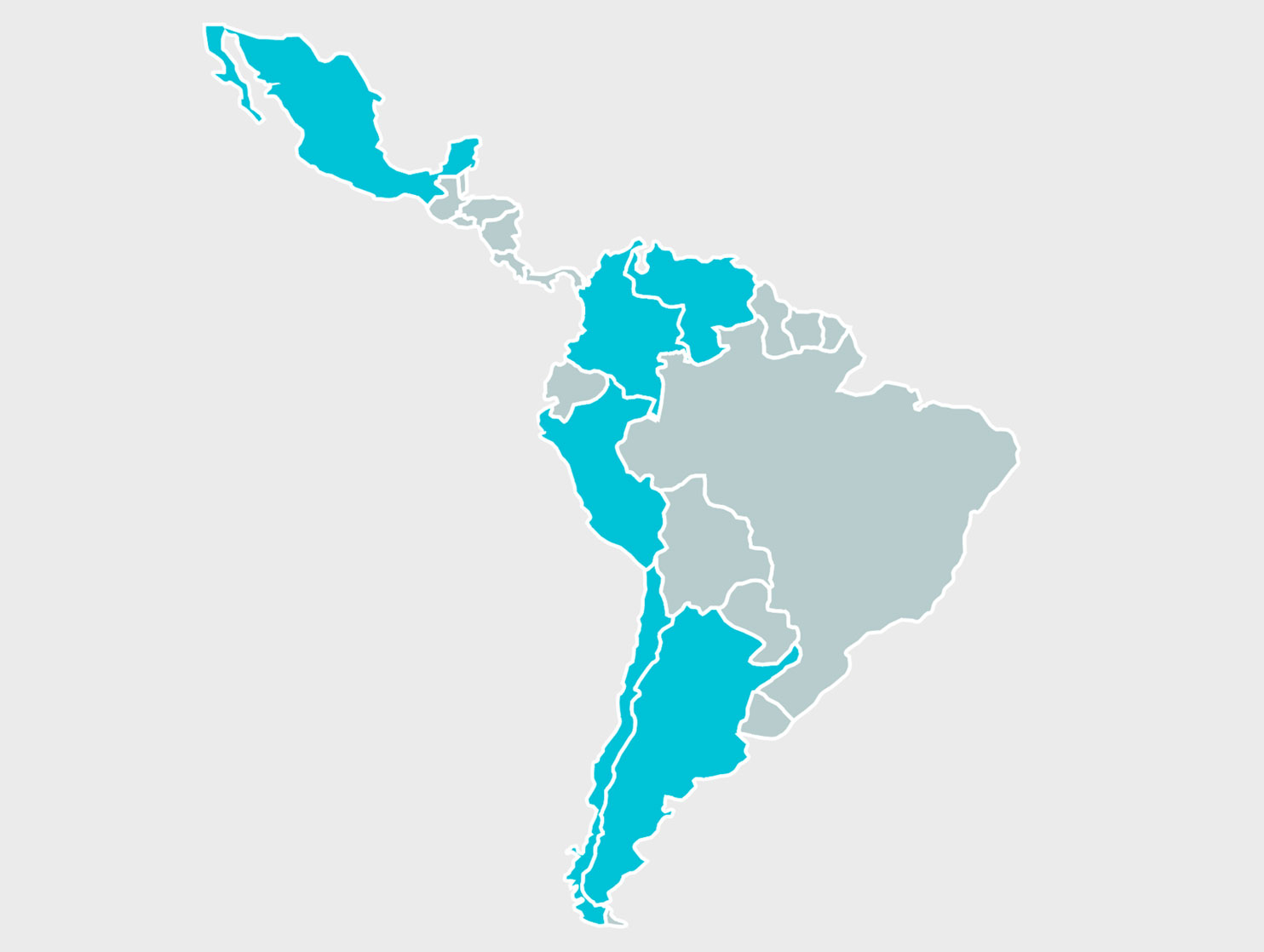
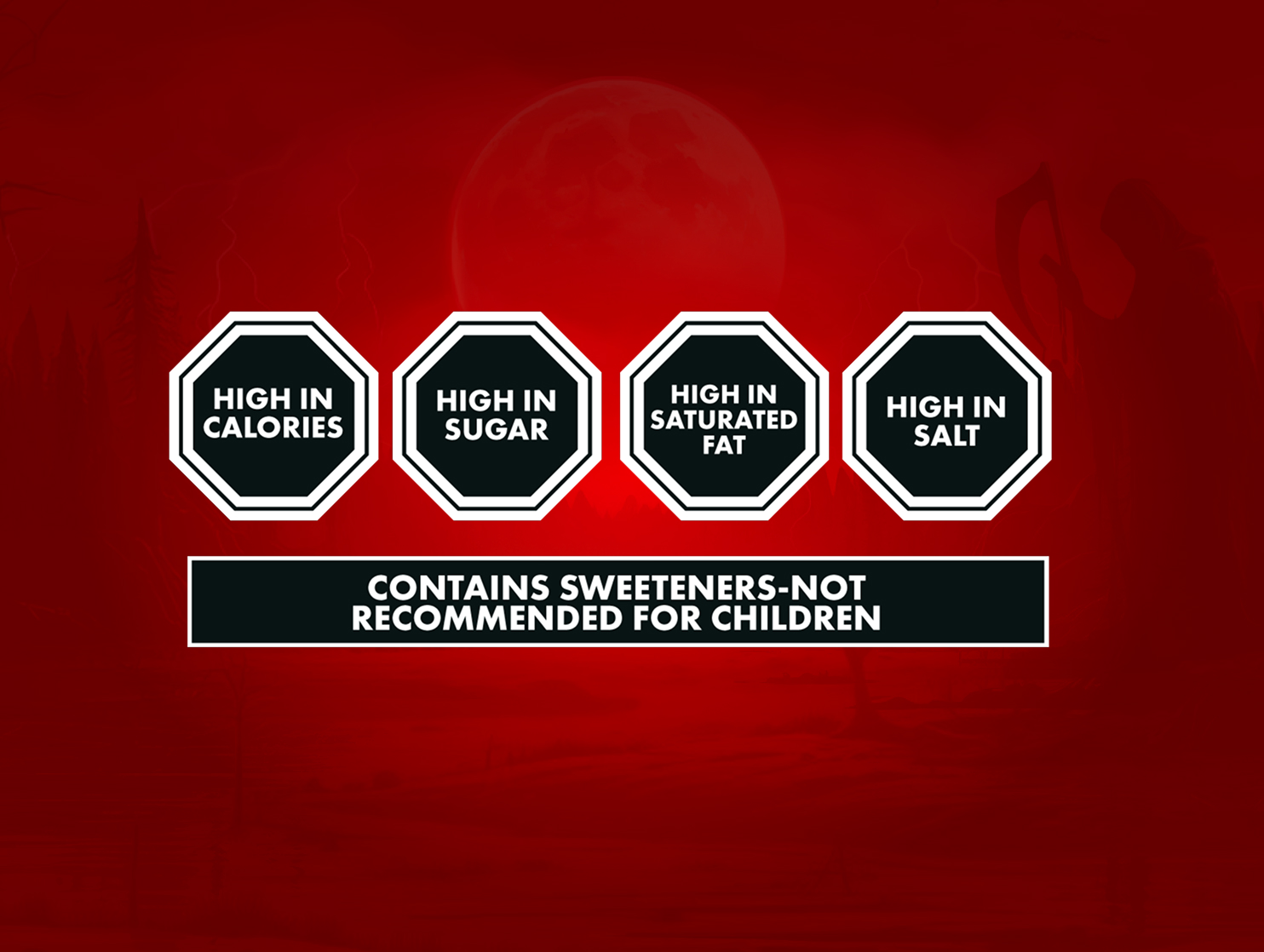
Honest labelling
Whilst their regulations vary slightly, they all use black octagonal warning labels to clearly identify products high in SATURATED FAT, SUGAR & SODIUM / SALT.
Some countries also identify products high in CALORIES and warn of the presence of SWEETENERS, which are not recommended for children by the UK Government’s own advisors.
Side by side
Chile’s policy goes even further: products with “high in” warning labels cannot carry health or nutrient claims related to that nutrient (or calorie content) and are banned from using child-directed marketing strategies, such as mascots or cartoon characters.
This form of labelling is now recommended by the World Health Organization (WHO), World Cancer Research Fund International, and World Heart Federation as key tools to promote healthier diets and prevent disease.
FAQ
I'm selling the KILLER bar to demonstrate how the food industry can make products that are harmful to our health, but still market them as health products and legally sell them.
The KILLER bar is packed with additives, but really it's no different from a lot of the UPF products already sitting on supermarket shelves. The only difference is — we're being honest about the risks.
The KILLER bar is entirely legal and contains ingredients commonly found in UPF products already on supermarket shelves. It even tastes quite nice. One bite won't kill you on its own! But I do not recommend you eat this bar. If consumed regularly as part of your diet, UPFs can be dangerous.
Every penny goes to charities pushing for better food and healthier eating.
Ultra-processed foods are products made using industrial processes and additives which you wouldn't typically find in your kitchen at home. Researchers use the NOVA system. A classification that ranks foods by their level of processing, from minimally processed to ultra-processed.
| Group | Description | Examples |
|---|---|---|
| Group 1 | Unprocessed or natural foods. | Fruit, vegetables, fruit, nuts, seeds, pulses, grains, eggs. |
| Minimally processed: natural foods altered by processes such as drying, chilling, freezing, boiling, or roasting. | Pasta, cous cous, dried fruit, milk. | |
| Group 2 | Processed cooking ingredients: used for preparation & seasoning | Sugar, salt, oil, butter, honey, maple syrups. |
| Group 3 | Processed foods: foods that have added salt, sugar, oil or other things to keep them fresher for longer or make them tastier. | Smoked meats (e.g. bacon) and fish, canned fish, freshly made bread, cheese, canned beans. |
| Group 4 | 'Ultra-processed foods' (UPFs): foods that have gone through industrial processes and changed the nature of the original ingredients. | Snack bars, ready meals, breakfast cereals, crisps, reconstituted meat products, shop-bought biscuits & cakes, mass produced bread, ice-cream, fruit yoghurts, chicken nuggets, fish fingers, instant noodles, fizzy drinks. |
Push for change: demand stronger laws on UPFs, including our campaign ask for front-of-pack warning labels — like those already used in South America.
Take control: if you want to cut down on UPFs, start by checking labels and choosing foods with fewer, simpler ingredients.
Keep perspective: nobody's saying you should never eat a UPF again. But we do think companies should have to be honest about the risks of their products, and right now, they aren't.
